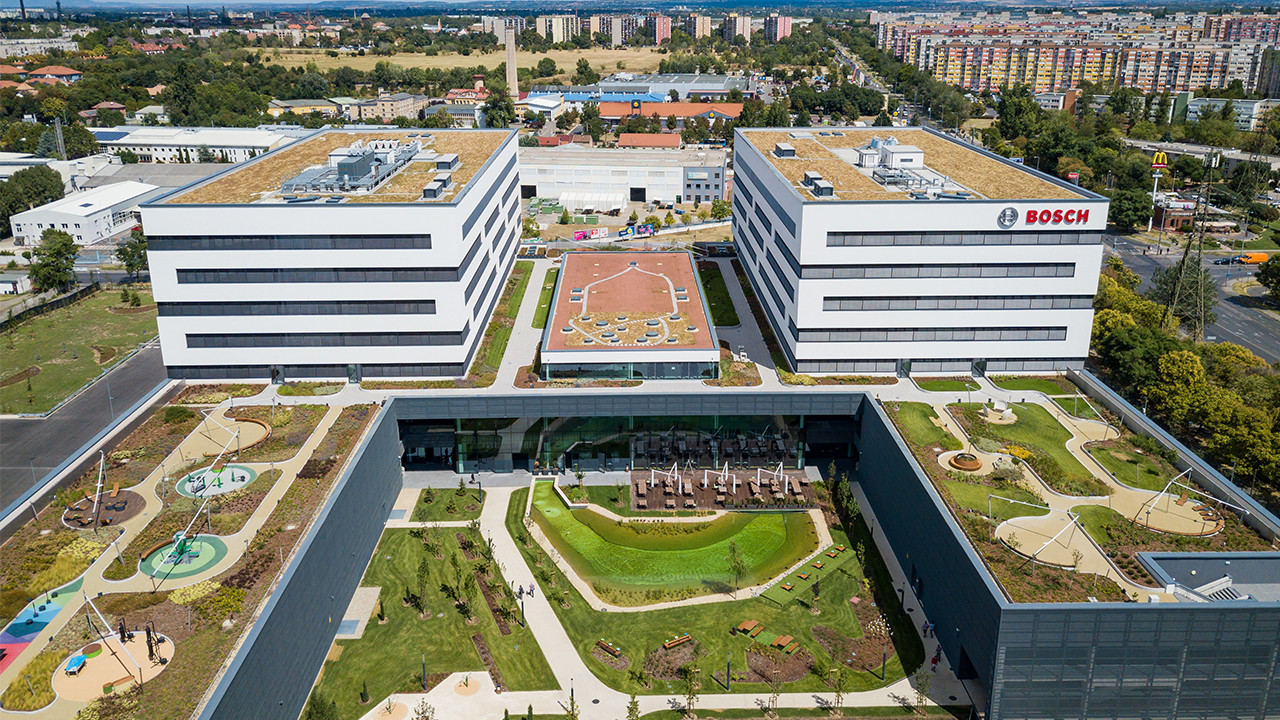Budapest – Bosch, a leading supplier of technology and services, has inaugurated the Bosch Budapest Innovation Campus, Hungary's newest automotive technology development center. The campus, construction of which began in 2018, is part of Robert Bosch Kft. and is an extension of the Engineering Center Budapest campus. Bosch's 70 billion forints investment will further strengthen Hungary's role in international innovation and industrial cooperation, as well as global automotive development. The inauguration of the world-class facility in Budapest was attended by Viktor Orbán, prime minister of Hungary, Dr. Stefan Hartung, chairman of the board of management of Robert Bosch GmbH and Dr. István Szászi, representative of the Bosch Group in Hungary and in the Adria region.
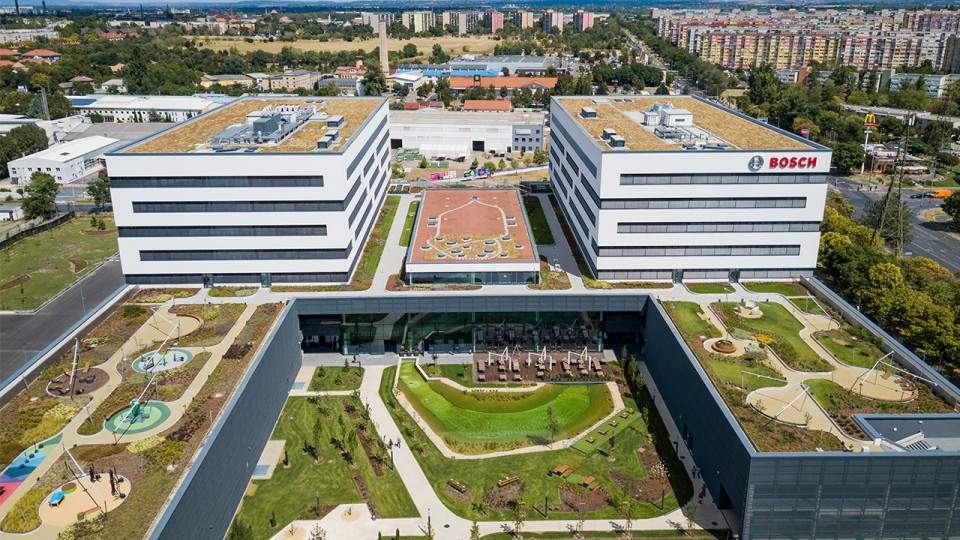
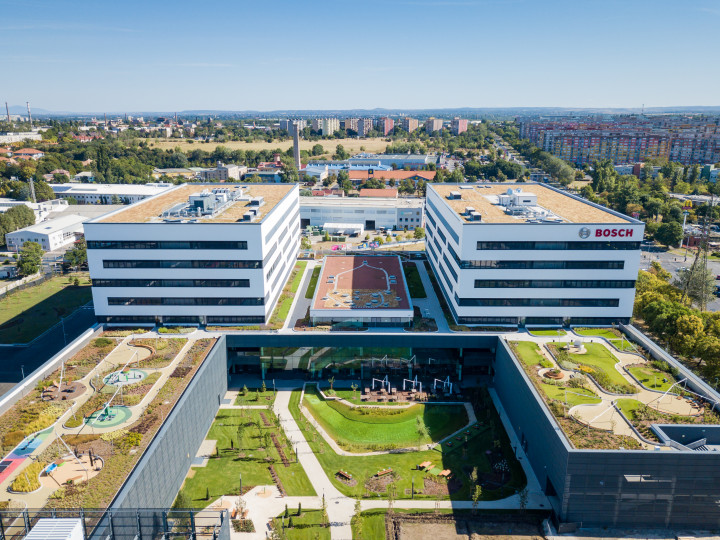
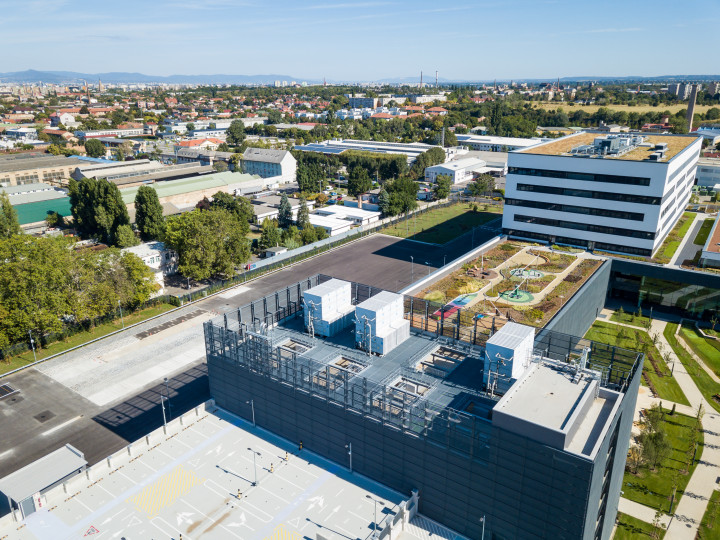
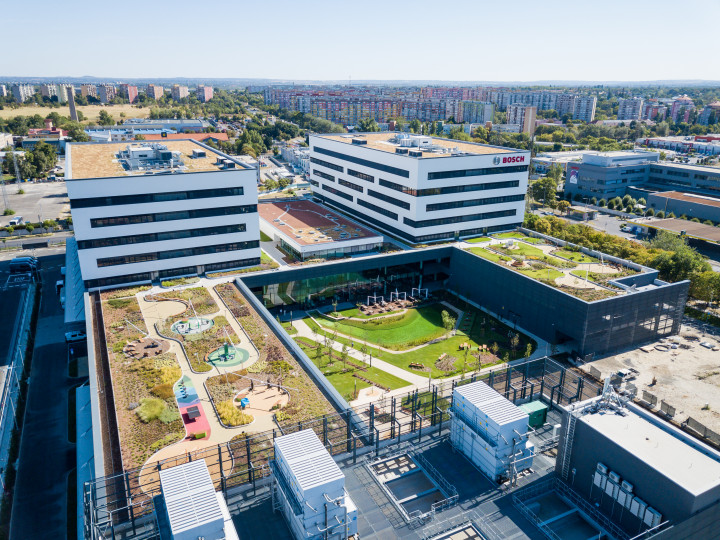
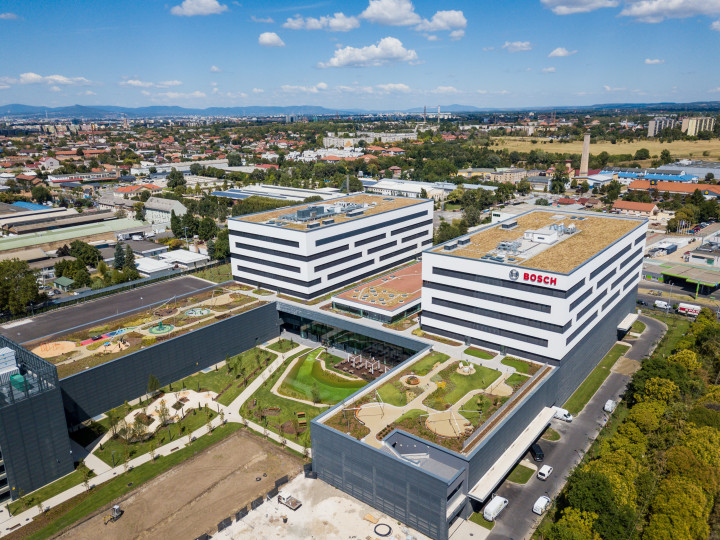
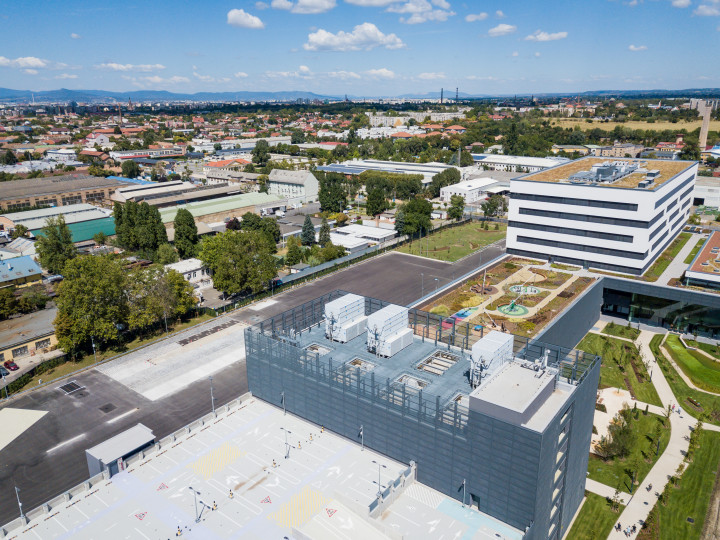
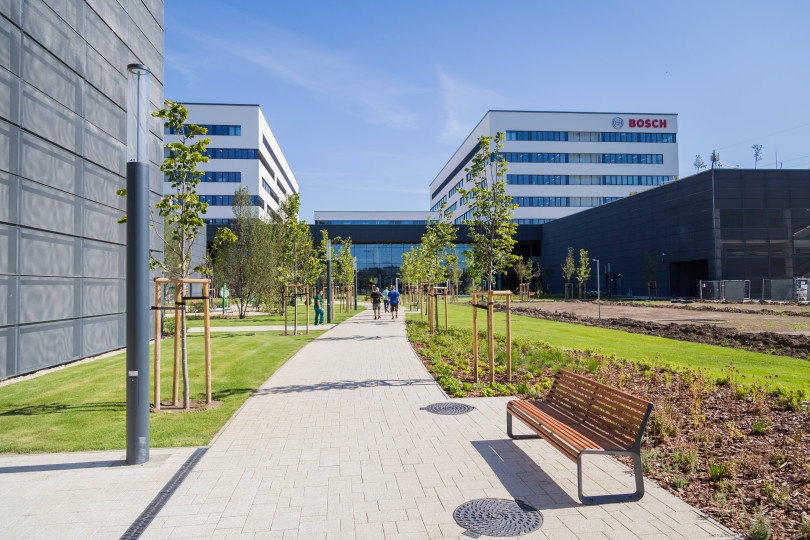
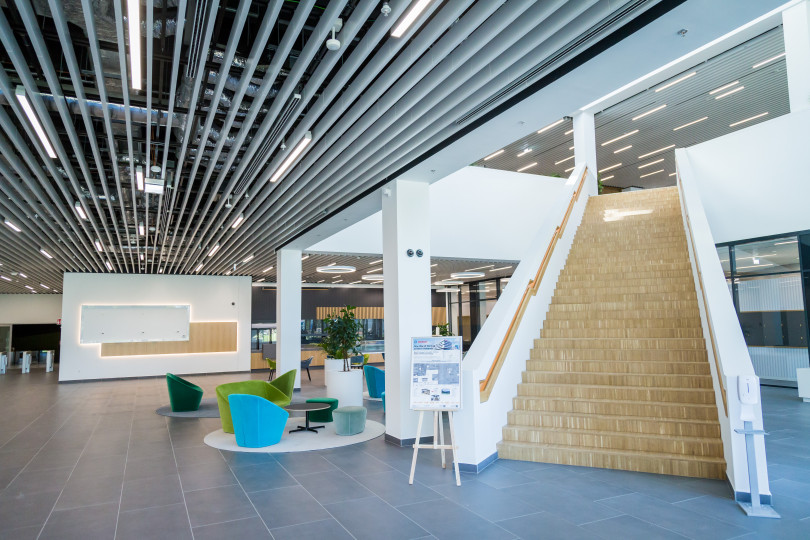
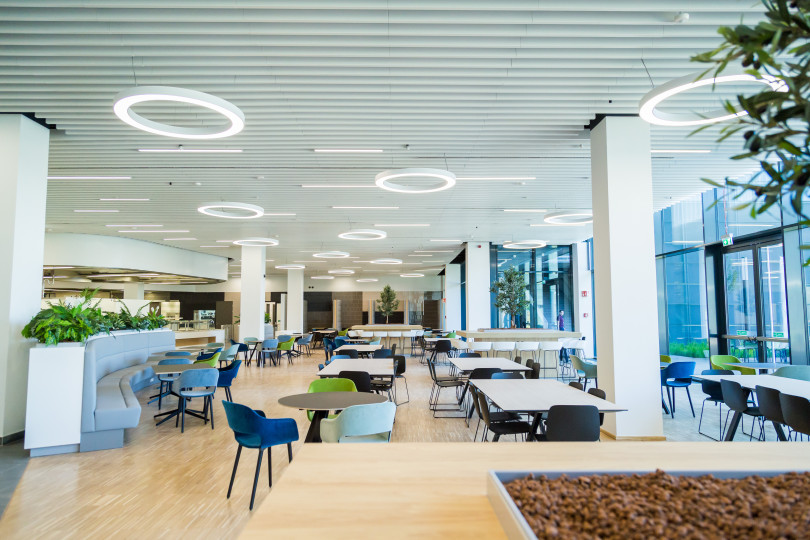
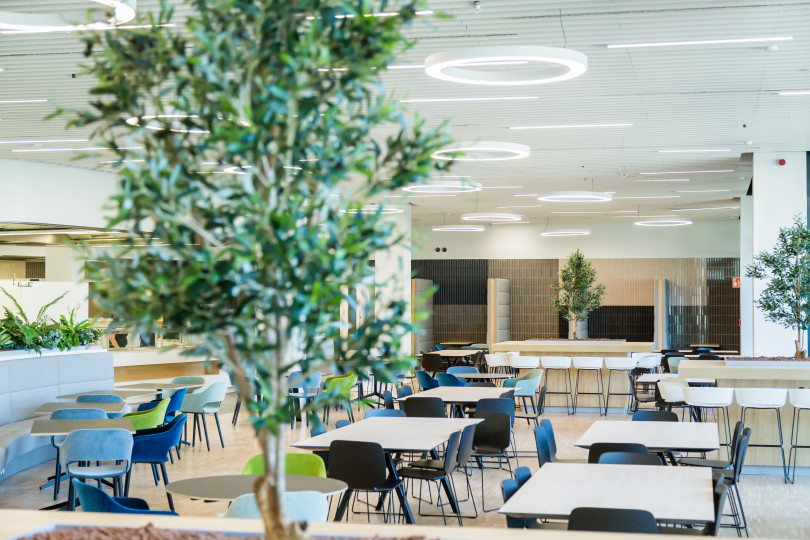
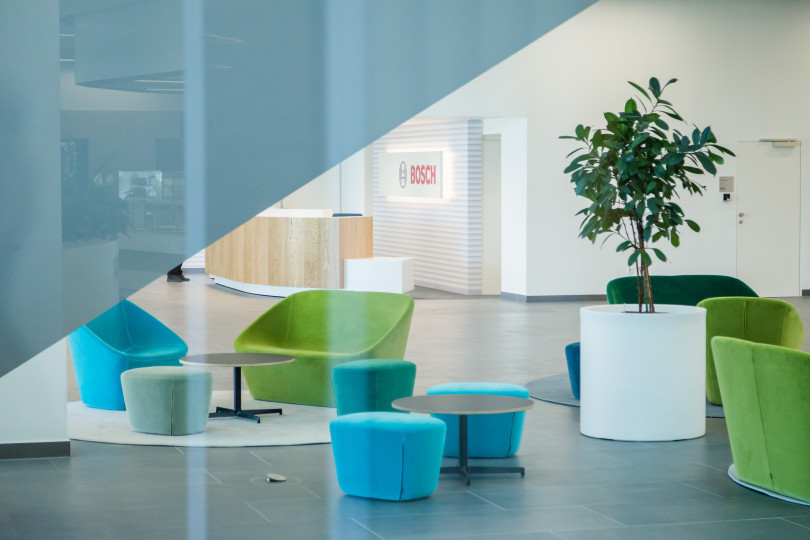
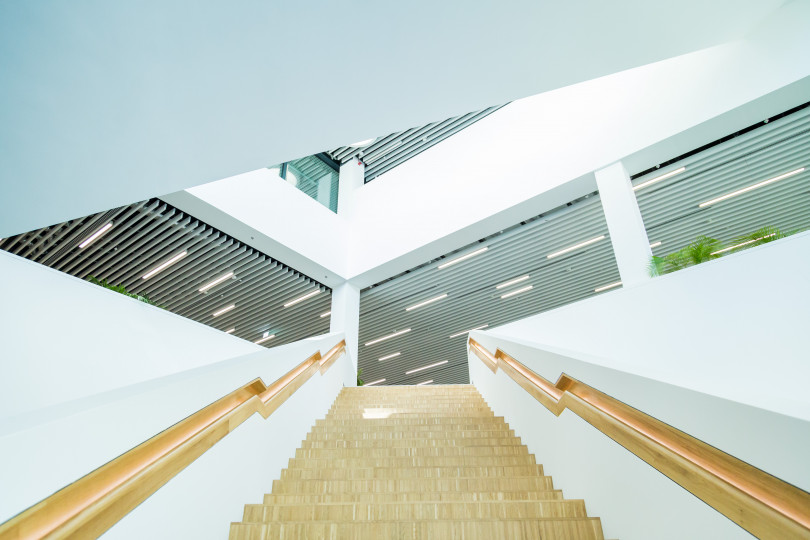
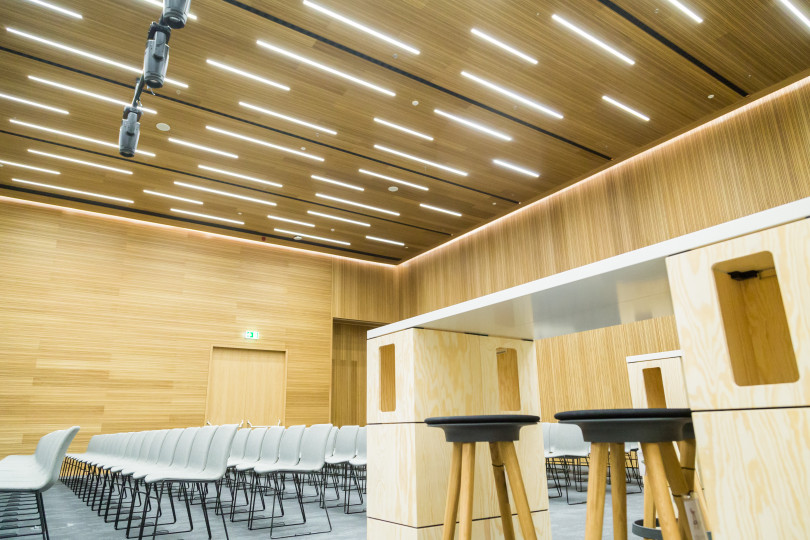
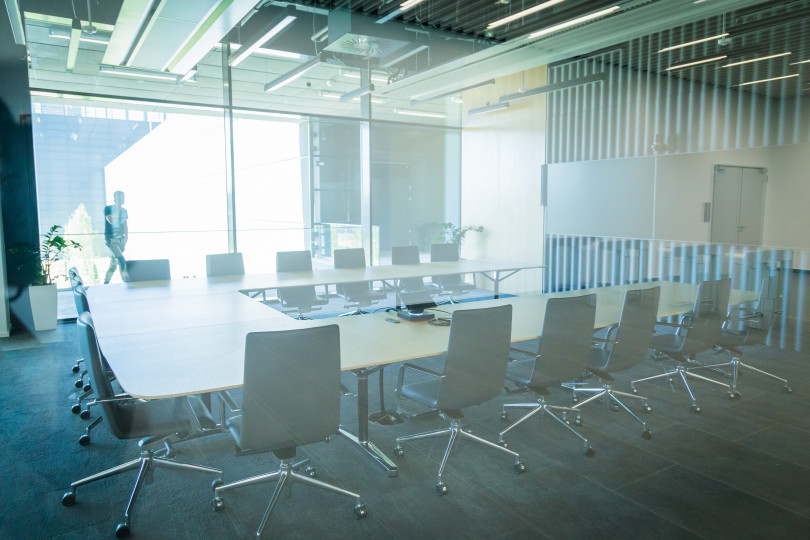
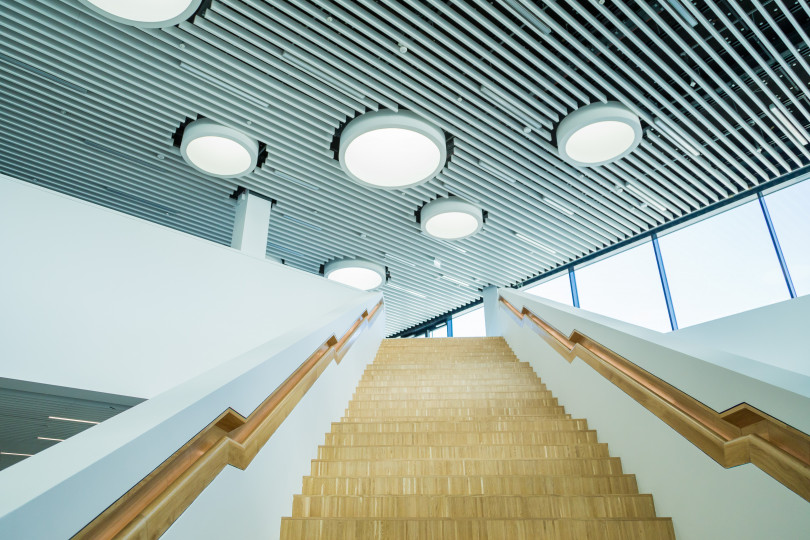
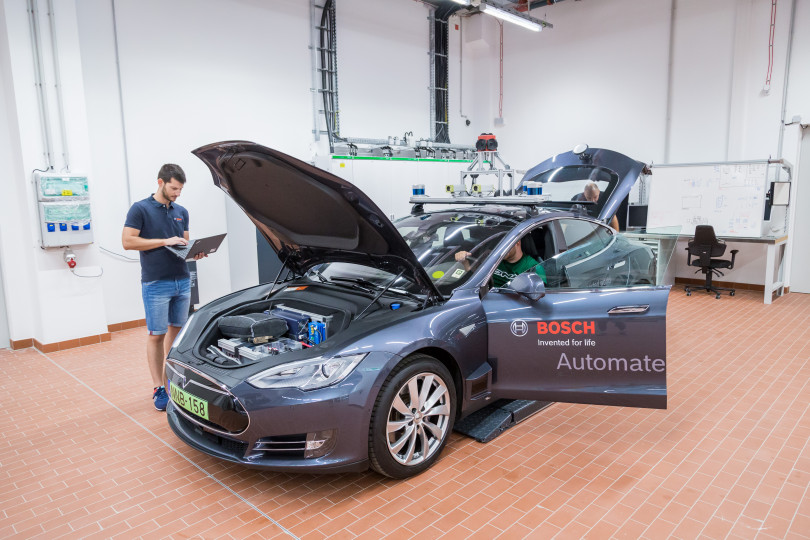
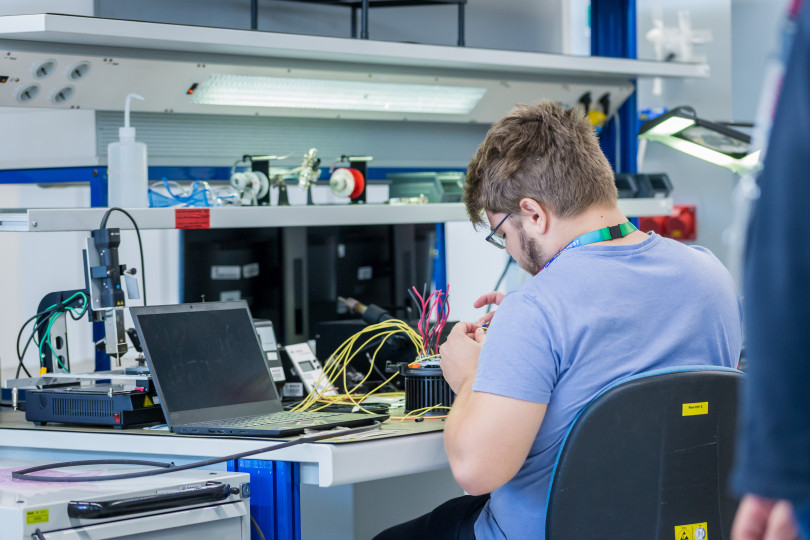
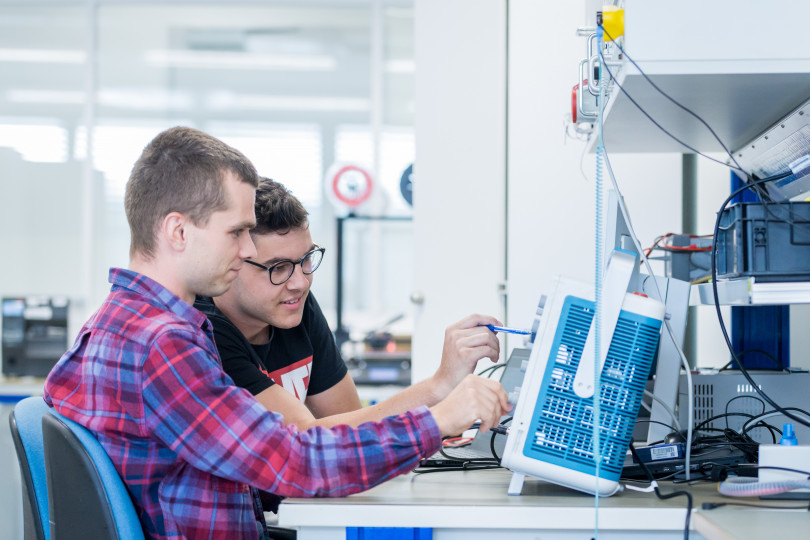
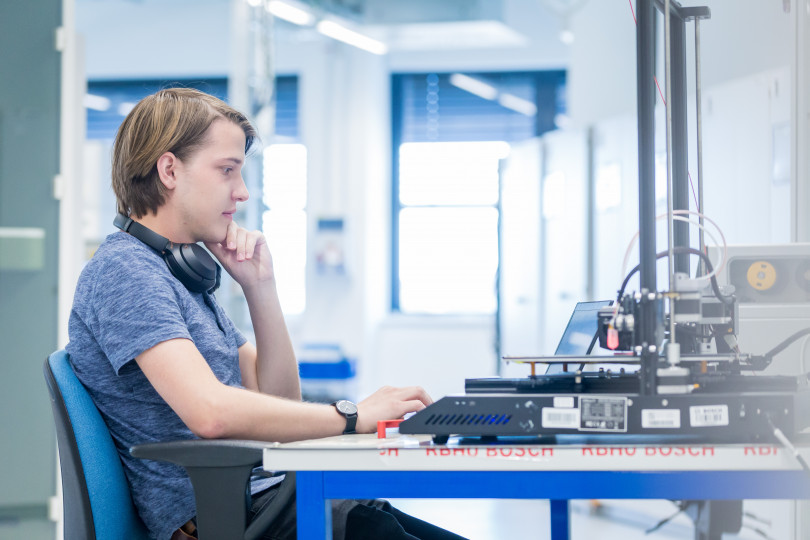
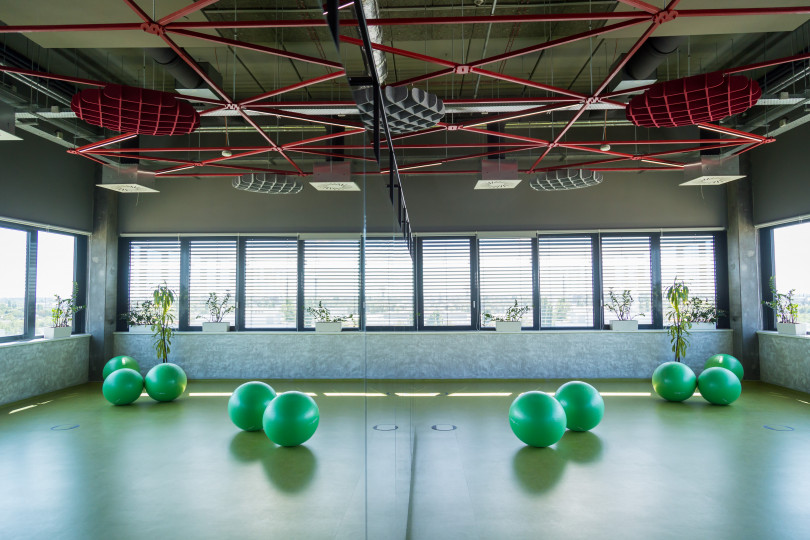
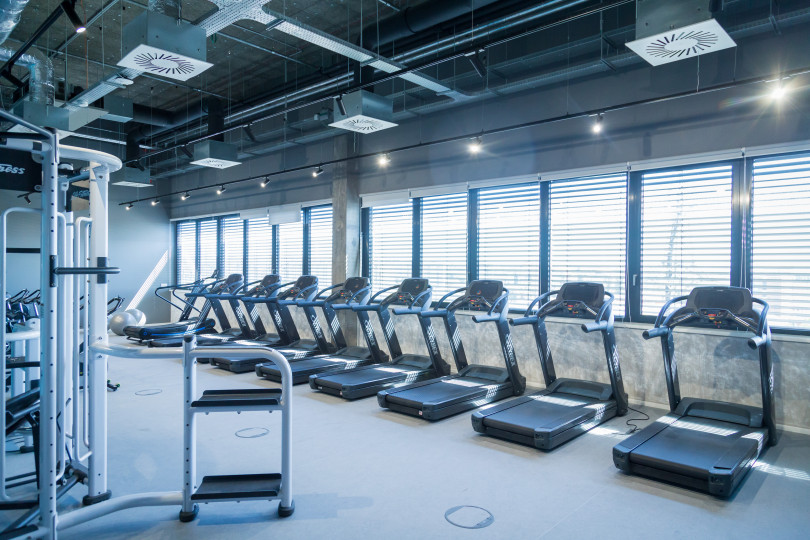
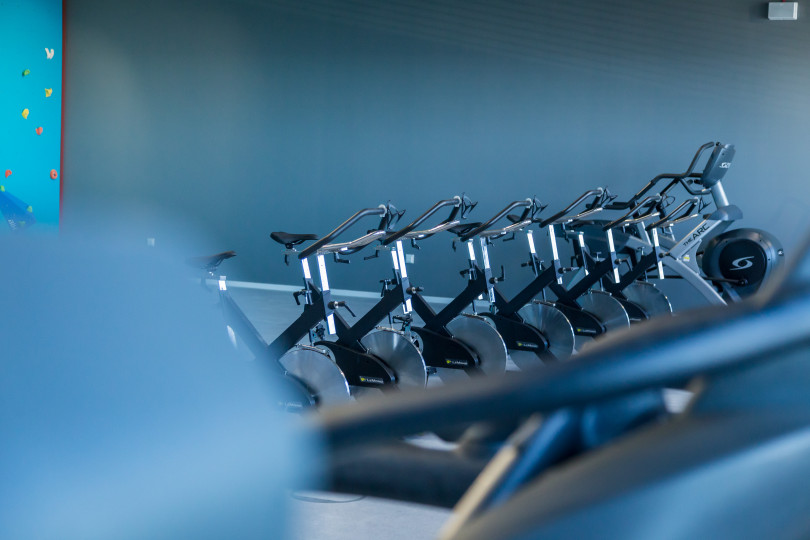
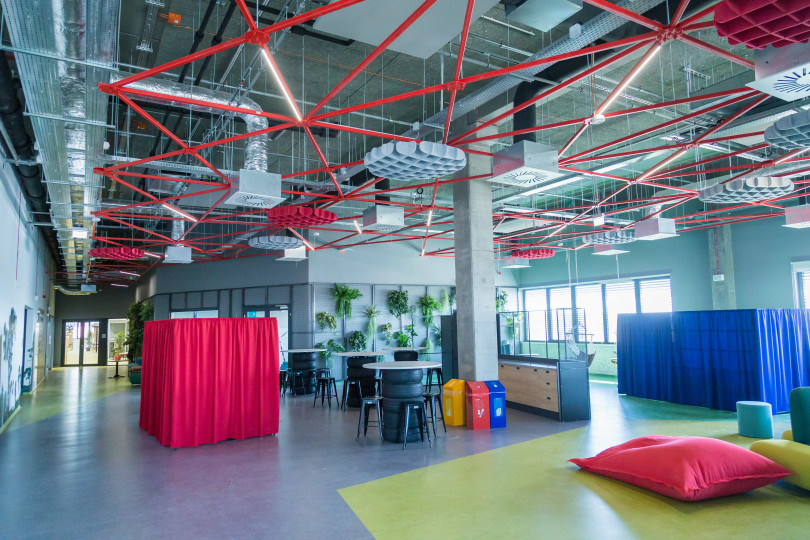
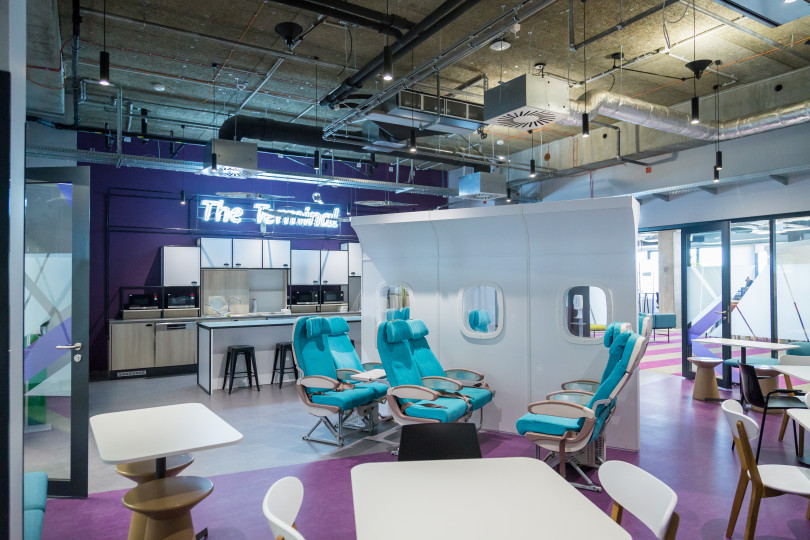
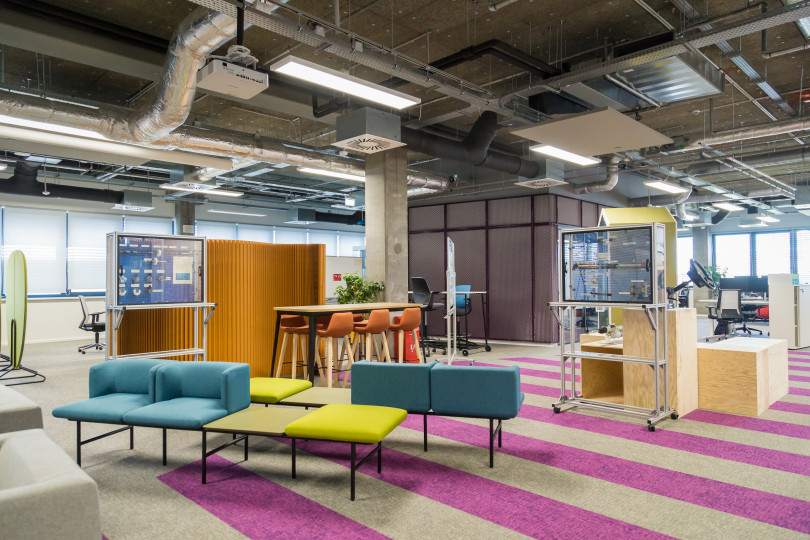
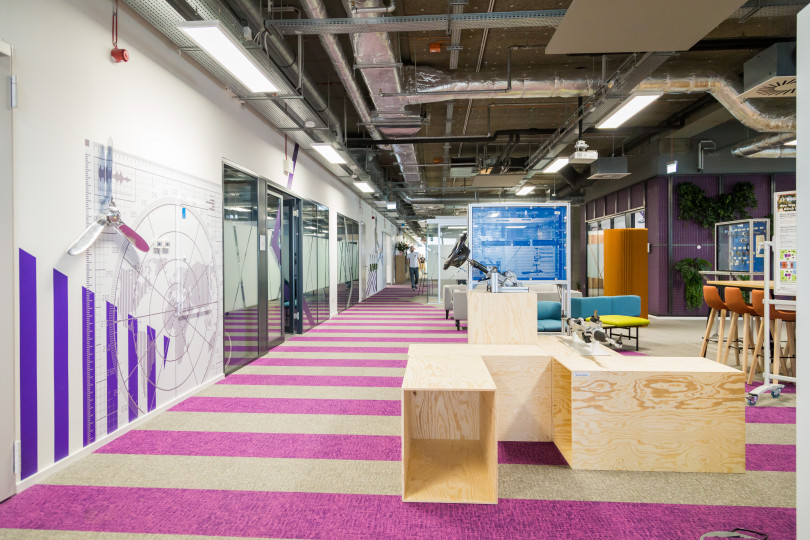
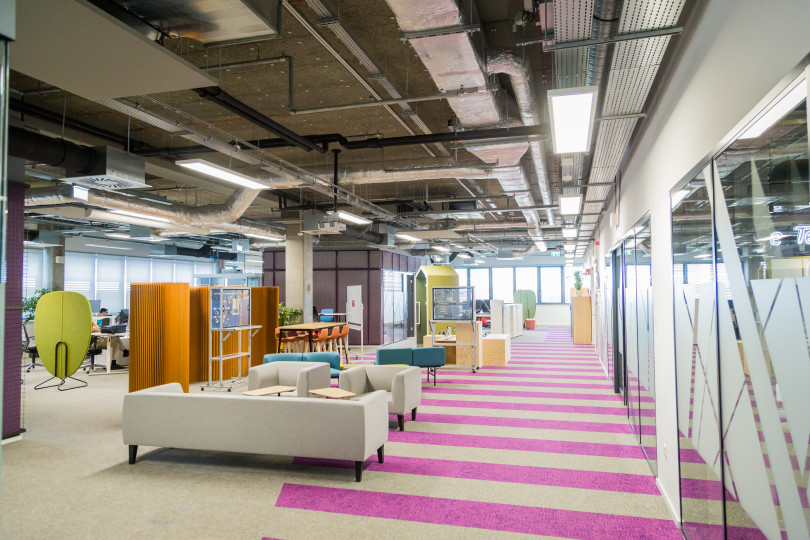
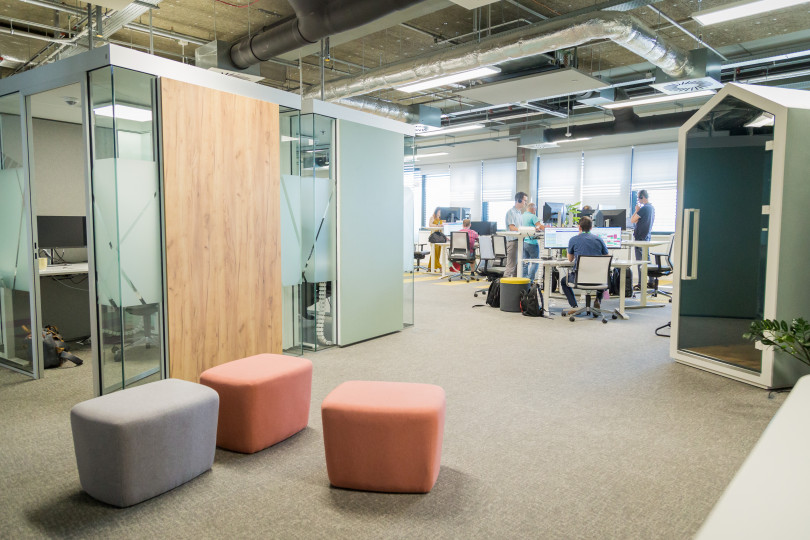
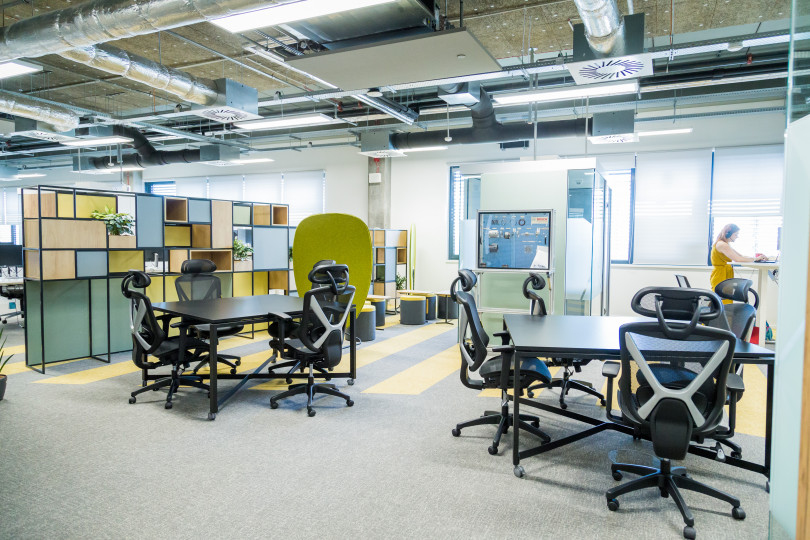
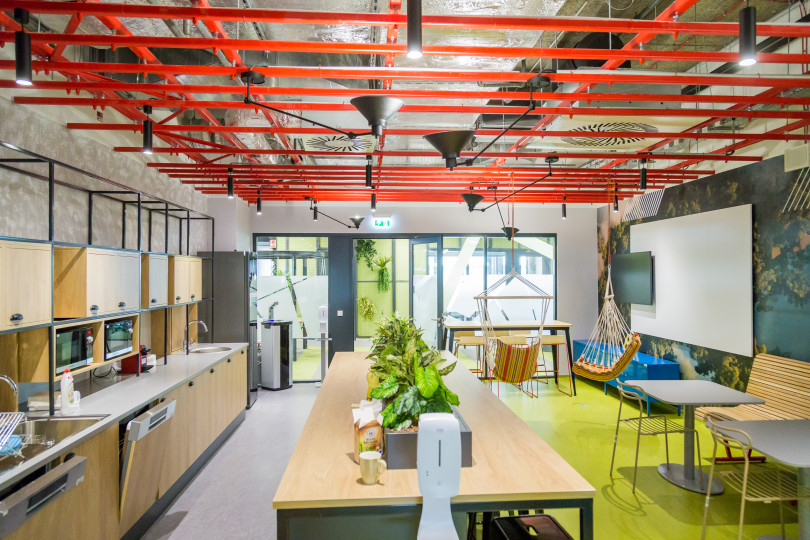
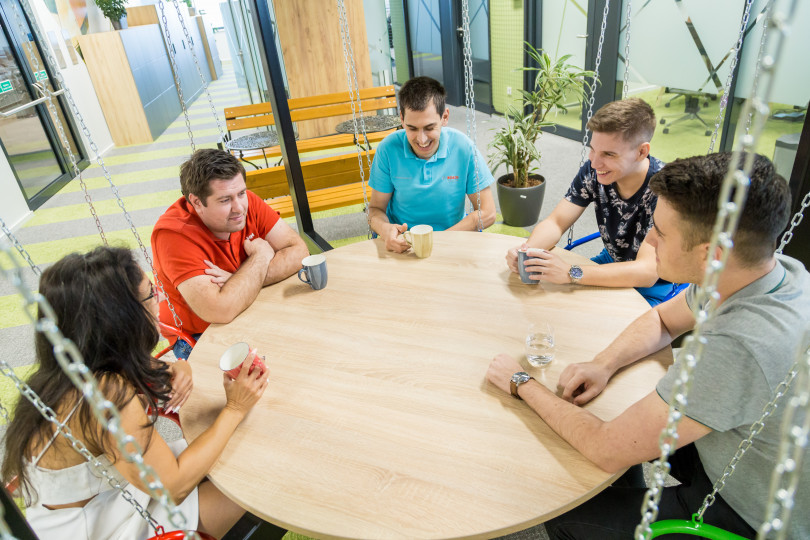
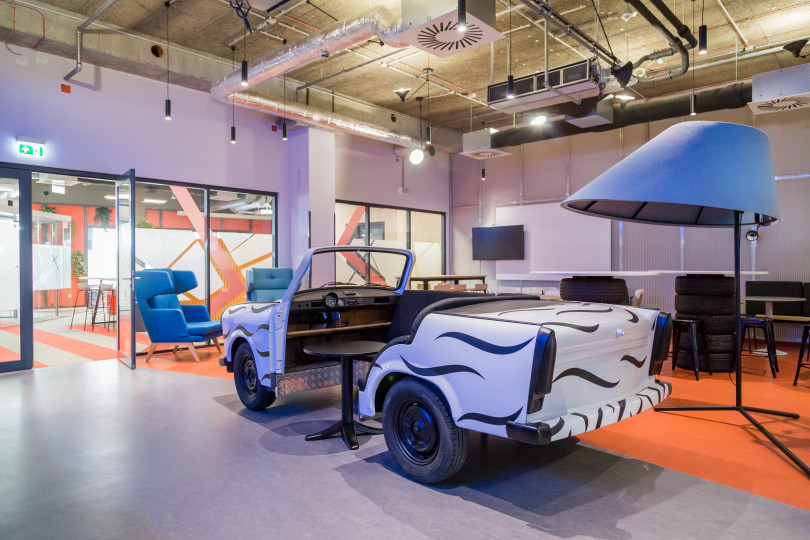
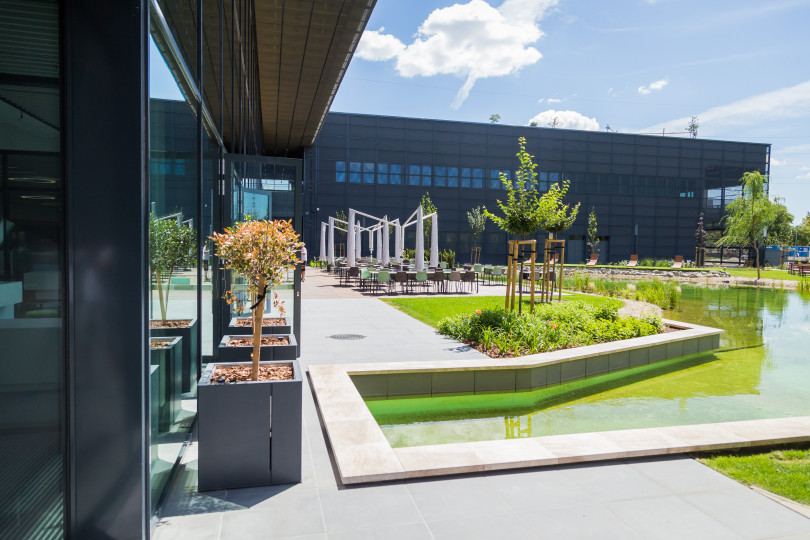
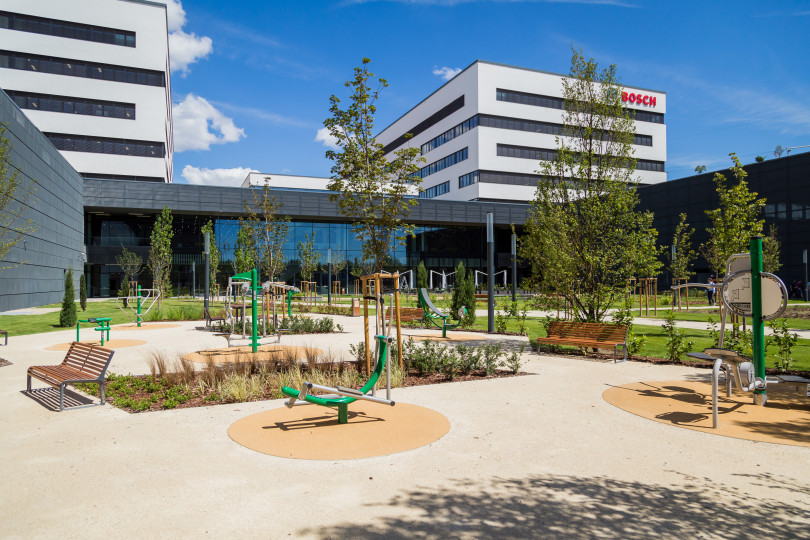
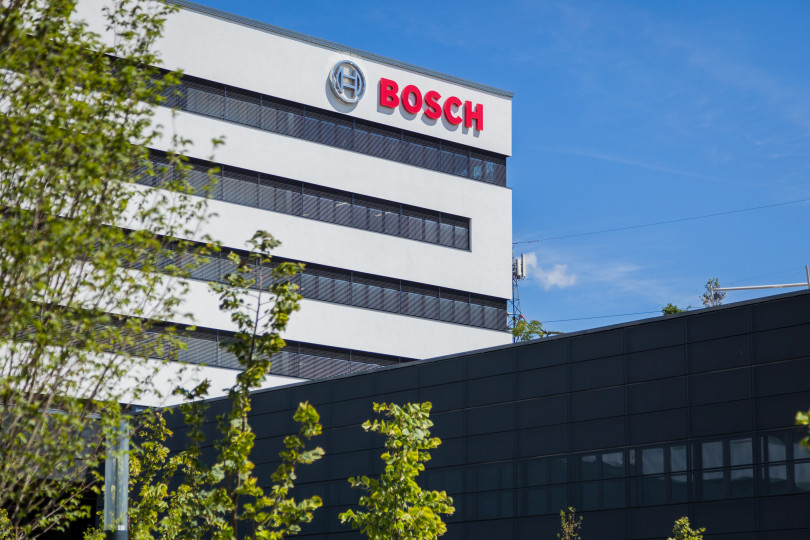
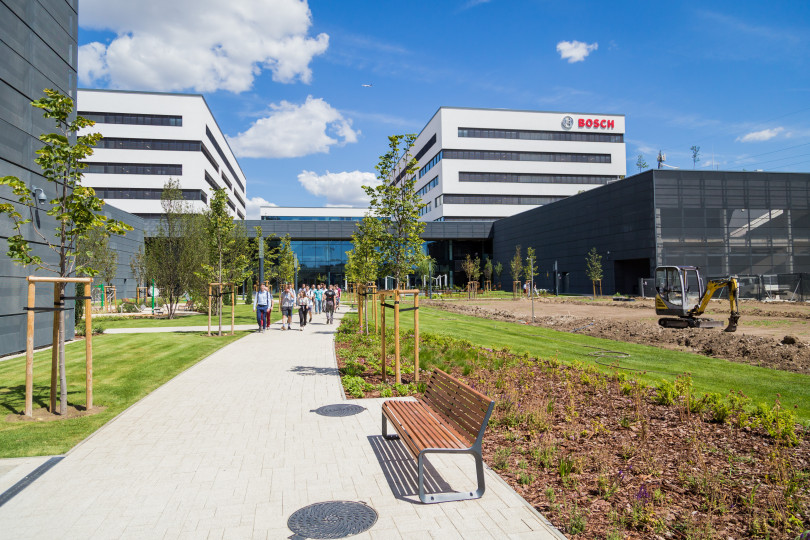
Bosch Budapest Innovation Campus – Hungary's newest automotive technology development center inaugurated
Bosch Budapest Innovation Campus – Hungary's newest automotive technology development center inaugurated
Bosch Budapest Innovation Campus – Hungary's newest automotive technology development center inaugurated
Bosch Budapest Innovation Campus – Hungary's newest automotive technology development center inaugurated
Bosch Budapest Innovation Campus – Hungary's newest automotive technology development center inaugurated
Bosch Budapest Innovation Campus – Hungary's newest automotive technology development center inaugurated
Bosch Budapest Innovation Campus – Hungary's newest automotive technology development center inaugurated
Bosch Budapest Innovation Campus – Hungary's newest automotive technology development center inaugurated
Bosch Budapest Innovation Campus – Hungary's newest automotive technology development center inaugurated
Bosch Budapest Innovation Campus – Hungary's newest automotive technology development center inaugurated
Bosch Budapest Innovation Campus – Hungary's newest automotive technology development center inaugurated
Bosch Budapest Innovation Campus – Hungary's newest automotive technology development center inaugurated
Bosch Budapest Innovation Campus – Hungary's newest automotive technology development center inaugurated
Bosch Budapest Innovation Campus – Hungary's newest automotive technology development center inaugurated
Bosch Budapest Innovation Campus – Hungary's newest automotive technology development center inaugurated
Bosch Budapest Innovation Campus – Hungary's newest automotive technology development center inaugurated
Bosch Budapest Innovation Campus – Hungary's newest automotive technology development center inaugurated
Bosch Budapest Innovation Campus – Hungary's newest automotive technology development center inaugurated
Bosch Budapest Innovation Campus – Hungary's newest automotive technology development center inaugurated
Bosch Budapest Innovation Campus – Hungary's newest automotive technology development center inaugurated
Bosch Budapest Innovation Campus – Hungary's newest automotive technology development center inaugurated
Bosch Budapest Innovation Campus – Hungary's newest automotive technology development center inaugurated
Bosch Budapest Innovation Campus – Hungary's newest automotive technology development center inaugurated
Bosch Budapest Innovation Campus – Hungary's newest automotive technology development center inaugurated
Bosch Budapest Innovation Campus – Hungary's newest automotive technology development center inaugurated
Bosch Budapest Innovation Campus – Hungary's newest automotive technology development center inaugurated
Bosch Budapest Innovation Campus – Hungary's newest automotive technology development center inaugurated
Bosch Budapest Innovation Campus – Hungary's newest automotive technology development center inaugurated
Bosch Budapest Innovation Campus – Hungary's newest automotive technology development center inaugurated
Bosch Budapest Innovation Campus – Hungary's newest automotive technology development center inaugurated
Bosch Budapest Innovation Campus – Hungary's newest automotive technology development center inaugurated
Bosch Budapest Innovation Campus – Hungary's newest automotive technology development center inaugurated
Bosch Budapest Innovation Campus – Hungary's newest automotive technology development center inaugurated
Bosch Budapest Innovation Campus – Hungary's newest automotive technology development center inaugurated
Bosch Budapest Innovation Campus – Hungary's newest automotive technology development center inaugurated
Bosch Budapest Innovation Campus – Hungary's newest automotive technology development center inaugurated
"For the past 136 years, the Bosch name has been synonymous with pioneering technologies. This Innovation Campus is an illustration of how Hungary, with its multitude of talented and highly qualified engineers, is playing an even greater role in our company’s global engineering and manufacturing network and the development of technologies “Invented for life”. In recent years, our engineering center in Budapest has become one of the company’s flagship R&D sites as well as a driver of innovation for the international automotive industry,” said Dr. Stefan Hartung, chairman of the board of management of Bosch.
Cutting-edge technology on 90,000 square meters
The Budapest Engineering Center is an important location for Bosch's global developments. It is Bosch's one of the largest development centers in Europe in terms of staff numbers. Around 3,000 experts – programmers, electrical engineers, mechanical engineers, physicists – are shaping the future, in particular the future of mobility, at Gyömrői út. The Bosch Budapest Innovation Campus is home to 1,800 next-generation workplaces, 14,000 square meters of instrumented research and test laboratories, a special outdoor test track and a high-tech giant test hall, all of which serve the company's wide-ranging technological developments. "The new Bosch Budapest Innovation Campus will play a key role in the development of our electromobility and automated driving solutions. The creation of the new campus was brought to reason by the dynamic domestic growth of the Bosch Group and its next-generation development projects." said Dr. István Szászi, representative of the Bosch Group in Hungary and in the Adria region.
Automotive test track for self-driving and electromobility systems
An important part of the new Bosch campus in Budapest is the 10,000 square meter instrumented test track with its unique facilities. Here, ultrasonic, radar and camera-based driver assistance systems for the vehicles of the future can be measured and fine-tuned under controlled conditions on a wide variety of road surfaces and in a range of simulation situations. The enclosed test track has its own fuel and electric charging stations, and a special track lighting system has been installed to realistically simulate twilight and night-time lighting conditions.
Vibration-free giant test hall
One of the special features of the Bosch Budapest Innovation Campus is a test hall that can accommodate several semi-trailer trucks at the same time, where precision giant measuring chambers will be used to develop and test the passenger and commercial vehicles of the future. In the test hall, special equipment used in the aerospace industry and aerospace technology will ensure extremely precise measurements for the fine sensors of the vehicles, while completely filtering out ambient vibrations.
The workplace of the future
The Bosch Budapest Innovation Campus is a vision of the workplace of the future, providing an inspiring and creative working environment for the employees. The design of the different functions is in line with the company's new way of working concept. Taking into account the latest HR trends and feedback from employees, the architectural design placed particular emphasis on creating collaborative spaces for creative thinking and inspiration, and meeting rooms were equipped with state-of-the-art technology for professional online meetings. Working and recharging can not only happen inside but also in the roof garden and the green park surrounding the building. In addition to the basic functions, the main building will also include a 500-seat auditorium equipped with state-of-the-art conference technology, which will host professional, business, and artistic events in addition to internal events.
Working together for a comprehensive R&D network
In Hungary, the Bosch Group relies on the active involvement of industry and academia. "The new campus symbolizes a new approach, which the entire local management team is committed to. We need to go beyond the existing boundaries and create a multi-stakeholder ecosystem with startups, universities, academic institutions, small and medium-sized enterprises, and government to be truly innovative," said Dr István Szászi, explaining his philosophy. In addition to joining the Hungarian Startup University Program (HSUP), the Bosch Group in Hungary is also active in deepening the startup mindset in-house. Bosch Budapest Engineering Center associates are supported in validating and implementing their own business ideas as internal startups in a corporate environment, using methods such as lean startup or business model innovation. The newly inaugurated Bosch Budapest Innovation Campus will also be an important venue for collaboration with startups.
Smart building and green environment for sustainability
In the new complex, special emphasis will be placed on sustainability and energy-efficient operation, achieved through, among other things, excellent thermal insulation, building management solutions that adapt to environmental changes, automated lighting and shading systems, and heat recovery ventilation. Renewable energy sources are also used for campus operations, with certified green energy purchased, high-efficiency heat pump systems as the primary cooling and heating solution, which will be complemented by further solar photovoltaic systems in the future. The heat generated by the R&D test systems is also reused for heating and hot water. On the Bosch campus, the buildings are surrounded by a green park with walkways, ponds and resting islands, complemented by a roof garden.
The scale of the investment is reflected in the more than 200 new trees, 40,000 shrubs and perennials and 1.5 hectares of grass and mulch planted in the campus park. The building used 46,000 cubic meters of concrete, 5,600 tons of rebars, 700 tons of structural steel and one and a half million meters of electrical cables.
About Robert Bosch Kft.
Founded in 1991, Robert Bosch Kft. is a sales center for the distribution and after-sales service of automotive parts, automotive diagnostic equipment, power tools, thermotechnical equipment, as well as safety and security systems. The Budapest site also performs regional functions as a sales center for South-East Europe and is also home to the Bosch European Transportation Center and the HR Regional Service Center in Vecsés also belongs to this site. The company has been engaged in development activities since 2000. After the expansion of the portfolio of the automatic transmission control software development business the Budapest Engineering Center was established in 2005, which, with around 3,000 automotive engineers, made Hungary one of largest Bosch development location in Europe in terms of staff numbers. The Budapest Engineering Center is an increasingly important location for Bosch's global development activities, playing a key role in the development of automated and electric mobility and is one of the Bosch Group's most important research, development and test centers for automotive electronics. The facility is one of Bosch's leading hubs for the development of electronic vehicle control systems and mechanical components. These include ABS, ESP, airbags, engine management and automated parking systems, as well as electric drive systems and electric motors. Other areas of development include dashboards and driver assistance systems, which are paving the way for the creation of self-driving cars. In most cases, all the related work is done here, including system and algorithm development, electrical and mechanical design, simulation, and reliability checks and tests.
Tags: Bosch, Bosch Budapest Innovation Campus, BBIC, Engineering Center Budapest, R&D, investment, research, electric, mobility, laboratory, test, track, engineer, automotive industry, electromobility, automated driving, driver assistance
Mónika Hack
+36 70 510 5516
Bosch has been present in Hungary since 1898 with its products. After its re-establishment as a regional trading company in 1991, Bosch has grown into one of Hungary’s largest foreign industrial employers with currently eight subsidiaries. In fiscal 2021 it had total net sales of 1,711 billion forints and consolidated sales to third parties on the Hungarian market of 273 billion forints. The Bosch Group in Hungary employs more than 17,000 associates (as of December 31, 2021). In addition to its manufacturing, commercial and development business, Bosch has a network of sales and service operations that covers the entire country.
The Bosch Group is a leading global supplier of technology and services. It employs roughly 402,600 associates worldwide (as of December 31, 2021). The company generated sales of 78.7 billion euros in 2021. Its operations are divided into four business sectors: Mobility Solutions, Industrial Technology, Consumer Goods, and Energy and Building Technology. As a leading IoT provider, Bosch offers innovative solutions for smart homes, Industry 4.0, and connected mobility. Bosch is pursuing a vision of mobility that is sustainable, safe, and exciting. It uses its expertise in sensor technology, software, and services, as well as its own IoT cloud, to offer its customers connected, cross-domain solutions from a single source. The Bosch Group’s strategic objective is to facilitate connected living with products and solutions that either contain artificial intelligence (AI) or have been developed or manufactured with its help. Bosch improves quality of life worldwide with products and services that are innovative and spark enthusiasm. In short, Bosch creates technology that is “Invented for life.” The Bosch Group comprises Robert Bosch GmbH and its roughly 440 subsidiary and regional companies in some 60 countries. Including sales and service partners, Bosch’s global manufacturing, engineering, and sales network covers nearly every country in the world. With its more than 400 locations worldwide, the Bosch Group has been carbon neutral since the first quarter of 2020. The basis for the company’s future growth is its innovative strength. At 128 locations across the globe, Bosch employs some 76,100 associates in research and development, of which more than 38,000 are software engineers.
Additional information is available online at www.bosch.hu, iot.boschblog.hu, www.bosch.com, www.iot.bosch.com, www.bosch-press.com, www.twitter.com/BoschPresse

